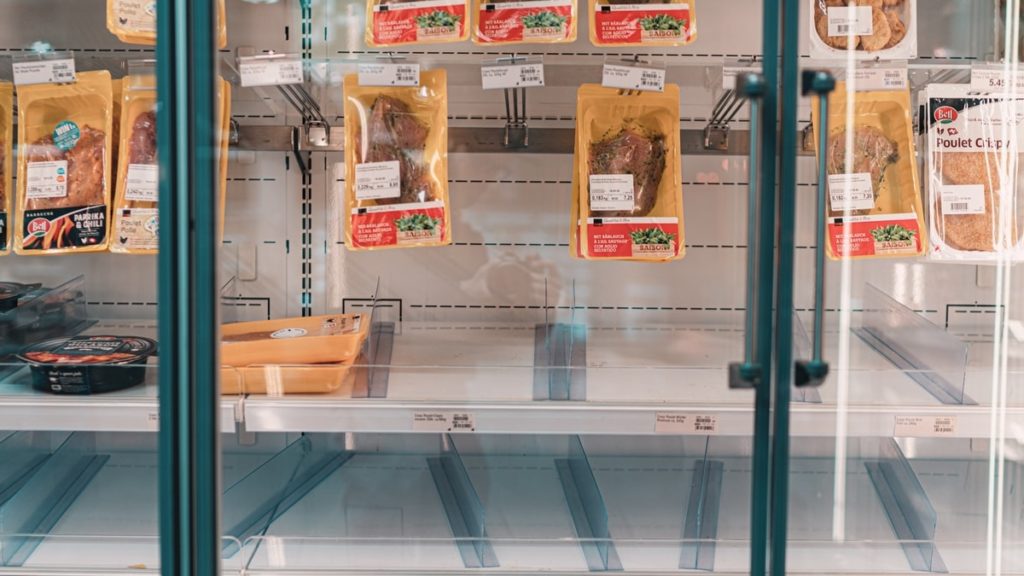Nordea Asset Management has dropped JBS SA over the Brazillian meat giant’s links to deforestation and corruption.
Concerns over employee health and safety during the ongoing COVID-19 pandemic were also a factor.
Based in Helsinki, Nordea Asset Management is the investment arm of the Nordea Group, the largest financial services group in northern Europe. Nordea Asset Management controls a €230 billion fund.
Nordea decided to drop JBS a month ago. According to Eric Pedersen, the head of responsible investments at Nordea Asset Management, the decision followed “a period of engagement with the company.”
He told the Wall Street Journal: “We did not feel that we were seeing the response that we were looking for.”
Pederson said the company pulled around €40 million from JBS. This followed a decision taken last year not to buy more into the company.

JBS and Deforestation
JBS has been linked to rainforest destruction on a number of occasions.
This is despite the fact that, in 2009, it publically committed to no longer include ranchers involved in Amazon deforestation on its supplier list.
The commitment—called the Minimum Criteria for Industrial-Scale Cattle Operations in the Brazillian Amazon Biome—was drawn up by international environmental organization Greenpeace. Meatpackers Mafrig and Minerva also committed. The trio of meat companies also signed similar deals with federal prosecutors in 2009.
In 2017, government environmental agency Ibama fined JBS $7.7 million for buying nearly 50,000 cattle from illegally deforested areas in the Amazon.
“As a result, Greenpeace walked out of the deal,” Brazil-based journalist Dom Phillips wrote for the Guardian. “But the agreement with federal prosecutors still stands.”
It is unknown exactly how much of JBS’s cattle come from unmonitored indirect suppliers.
Indirect suppliers, many of which have links to deforestation, may breed or fatten cows. After this, they move them on to another rancher. Ranchers can sell cattle several times before JBS purchases them.
A spokesperson for the meat giant said: “[JBS] is fully committed to achieving a deforestation-free beef supply chain and avoiding irregular suppliers. We acknowledge that indirect supplier traceability remains a system-level issue in Brazil.”
They added that JBS is working with governmental and cross-industry stakeholders to find “workable solutions.”
They also claimed that JBS urges anyone with evidence of deforestation to use its whistleblowing hotline.
But it’s not good enough for Nordea, says Pederson. He told the Guardian: “We’ve had several meetings with them in Brazil and regular updates by phone and video. We’ve not been impressed with the level of commitment we could see from their side.“


